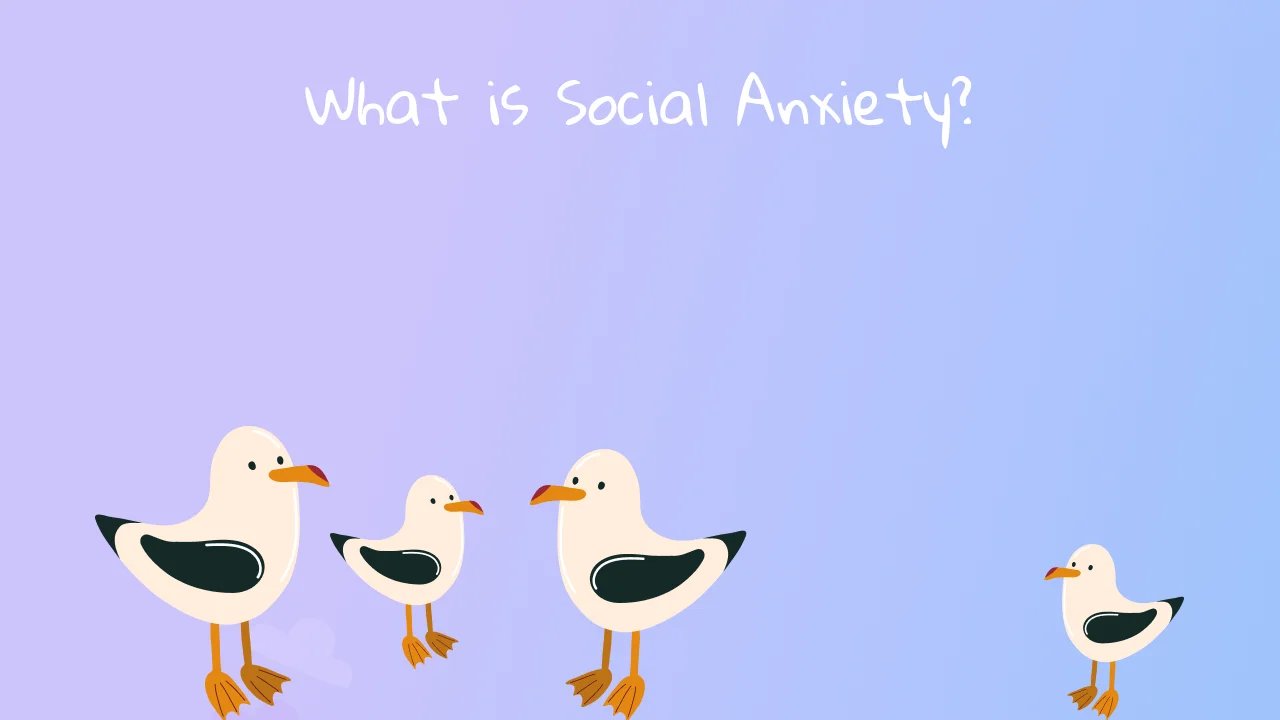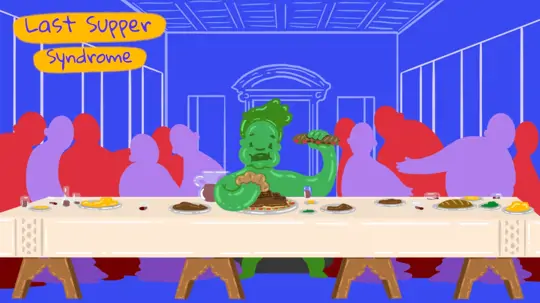
Start feeling better today!
Connect with your therapist today and take control of your life like our 850.000 happy clients.
Get StartedWhat is Social Phobia?
It's normal for situations where socializing is necessary to make us feel nervous at times. For example, communicating with people in a new setting or giving a public presentation can cause a normal and even useful level of anxiety for all of us.
However, how often and how intensely this anxiety is felt is critical to understanding whether the problem has gone further than social anxiety and has become a phobia. IIntense anxiety that occurs in social settings where it is necessary to interact with other people can be classified as social phobia if it gets closer to avoidance of social situations.
People with social anxiety or phobia find it difficult to cope with the anxiety caused by social settings and find the solution to stay away from the setting. Social Anxiety Disorder is triggered by the fear of being judged by other people.
What are the Types of Social Phobia?
There are two subtypes of social phobia. If the anxiety occurs in many social situations, it is called the generalized type, and if they occur only in certain situations, they are called the non-generalised (specific) type. The generalized type includes social situations like meeting someone and talking to them, while the specific type includes performance situations like dining out and giving a speech in front of a crowd.
What Can Cause Social Anxiety?
According to the Liebowitz Social Anxiety Scale, a valid and reliable social anxiety test, some social situations that can cause anxiety in people with social anxiety disorder are:
- Eating or drinking in public
- Participating in a party
- Speaking in public with or without preparation
- Hosting guests at home
- Testing of knowledge, skill, or ability
- Returning a product for a refund
- Resisting salespeople
- Making eye contact with someone you don’t know very well
- Disagreeing with someone you don't know very well
- Speaking on the phone with someone you don't know very well
- Trying to meet someone new
- Using public toilets

What are the Symptoms of Social Phobia?
When a person with social phobia encounters a social situation that may cause them anxiety, physical symptoms such as sweating, palpitations, flushing, dryness in the mouth, tremors, and shortness of breath can be observed. People believe that others have negative thoughts about them and that others will criticize and judge them. Following these thoughts, behaviors such as making an effort not to be in an anxiety inducing setting, difficulty making eye contact, and avoidance can be seen.
However, feeling shy or uncomfortable in any social situation cannot be seen as a direct sign of social phobia. People with social phobia know that their fear of being around other people is too great or not logical, but they have trouble controlling this fear and their tendency to avoid social situations.
What are the Causes of Social Phobia?
Social phobia usually begins in childhood or adolescence. Nevertheless, this may vary based on the subtypes of social phobia. The person's temperament, genetic predispositions, being exposed to bullying or excessive criticism during childhood, having a disorder related to physical issues or having different traits can be the source of social phobia. In addition, social phobia may be seen in children of parents who are overprotective or show that they care too much about other people's opinions.
Diagnosis of Social Phobia
People with social phobia may experience disruptions in school, work, and other human relations due to their intense social anxiety and avoidance. On the contrary, the diagnosis of social phobia can only be made by a mental health professional. If you think that the fear you experience in social situations affects your life negatively, it is recommended that you seek professional support.
How to Treat Social Phobia
There is no definite or instant solution to social phobia. Drug therapy is not available for social phobias, as for other specific phobias. Exposure therapy and cognitive behavioral therapy are the most effective ways to help people get over their fears.
Exposure Therapy

Exposure therapy is based on conditioning, one of the basic principles of learning. In this treatment method, phobia patients get used to the things they fear by slowly and safely confronting the situation or objects. With each step in this fear hierarchy, patients' phobias and phobic reactions decrease.
Cognitive Behavioral Therapy
Cognitive Behavioral Therapy is the most widely used form of therapy for social phobia. First of all, studies are carried out to analyze the reasons for the development of social phobia. Then, work is done to replace the person's excessive and hard-to-control worries with more rational thoughts. The length of the therapy process and the improvements to be achieved at the end of the process vary from person to person and are related to the person's personality as well as their environment. Getting psychological help to cope with social phobia helps the person gain self-confidence and develop skills to interact with others.





